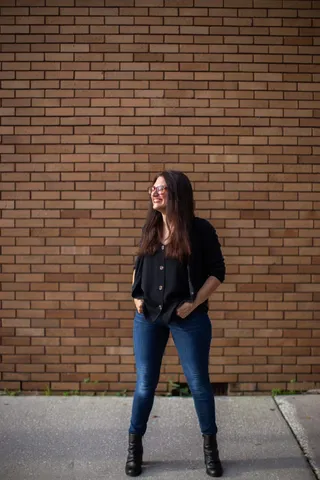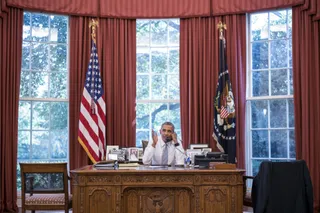
“Look for a call about being doing a radio interview.”
My wife and I lock the front door and walk to the driveway. My uncle is in town for business and we’re on our way to dinner.
I get this text out of nowhere.
“Look for a call from a 202 area code. Could be a good opportunity.”
“Ok, do you know when?” I reply to the text. “I’m on the way to dinner.”
The text sends and then my phone rings. 202 area code. Right away, apparently.
Moody Bible, a Christian school in Chicago, hosts a weekly radio debate about political topics. Saturday’s debate is over teenage social media usage. They have the con side of the debate lined up, but their pro side just dropped out. A friend gave them my name.
While driving, I talk with the booking person from the 202 area code. She explains the purpose of the show and asks my opinion.
“Teenagers should use social media,” I explain. “Parents should help set boundaries and be involved, but teenagers should ultimately learn how to be digital citizens.”
The booking person explains I’ll get an email with more details. I thank her and end the call. My wife and I go to dinner.
I order the duck.
Looking at past episodes, it’s clear that Moody Bible is more of a conservative Christian school. Recent topics include abortion and the President’s immigration ban. What did I get myself into?
I’ve been a minister to teenagers for over a decade and advocate that students and parents develop healthy social media habits. Social media is a tool; it’s not inherently good or bad. Our usage defines the tool. Parents and adult leaders are responsible for helping teens develop boundaries when using social media tools.
These are some of the “talking points” I develop for the interview.
Eating breakfast at 11:30 on a Saturday is a rare luxury. I sit down with my bowl of yogurt, granola, and blueberries when that 202 number calls. I got the time difference mixed up. The interview is at noon my time, eleven in Chicago. I finish the yogurt and set up in my office.
At 11:55 my phone rings again, this time from a 312 area code. There are quick introductions and we go live. The host explains the topic and pre-recorded “man on the street” takes are played.
I present my opening statement.
Six quick minutes go by and we’re at the first break of the show. My phone goes silent and I take a sip of water. Five pages of talking points sit on the desk in front of me. One bullet point is checked off.
The audio on the phone comes alive with a chime and we’re back. We switch into a different facet of the conversation. The host moves to Simon Sinek’s viral interview advocating that teens not use technology. This where they want to go.
A few more segments go by. A man calls in and talks about a future where kids are at the whim of self-driving cars. Is this on topic? Another break. I give a statement, as does the other guest.
The host closes the show by denouncing most of my points. The show ends and my phone goes quiet again. I wait to see what will happen. Nothing does.
I hang up. That’s that.
“How’d it go?” My wife asks as I leave the office. She’s watching Finding Dory in the living room.
“Fine,” I respond. “It was a fast hour.”
When I first joined Twitter in 2008, I balked at anyone who followed me and called themselves a “social media expert.” The ones who called themselves “gurus” or “ninjas” were the absolute worst. People were learning how to use the tool. No one was an expert. I blocked them out of spite.
Today I became a social media expert.
Reading the few Facebook comments on the show’s page, I’m reminded that I played the liberal role on conservative radio. Now I’m the villain in your history. I weigh responding to the comments on Facebook and opt not to.
I’ll play the part of the villain. That’s fine. You can call me a “social media expert” who believes teenagers deserve just as much access to social media as adults do. Controversial, I know.
In a few months, the conversation may change again if the Supreme Court declares the public has a inalienable right to Facebook and Twitter.
Maybe they’ll have be back on to discuss.






















